Historically black colleges and universities are increasingly coming under fire in Washington as questions about their value and relevancy continue to surface. Consequently, HBCUs need to aggressively work to change the conversation, said U.S. Rep. Bennie Thompson, D-Miss., during a campus tour.
In the nation’s capital, he said, there is a plan to start ranking the 105 institutions and correlating them to better-financed universities.
“To compare an HBCU to Harvard or Princeton is patently unfair,” he said. “If the conversation is not modified, it’s a clear and present danger for a number of HBCUs or minority-serving institutions, in general. Sadly, this is becoming more of a part of the discussion.”

He said the Congressional Black Caucus takes “absolute offense to any conversation that demeans those institutions.”
The congressman also took aim at the high cost of educational loan programs for students, suggesting that the U.S. should make them interest-free, with the principal being the only obligation.
“We need to look at what a 1 percent or 2 percent interest drop would mean for someone trying to get a college education. The default rate on Parent Plus Loans is miniscule compared to other loan programs or other investments where we had to write off.”
Jackson State University President Carolyn W. Meyers echoed Thompson’s concerns, describing JSU’s ongoing hunt for Pell Grant and Parent Plus financial assistance. However, she said, “We kept every student who was eligible academically in school through our own resources. It was tough, but we succeeded because of our commitment to the students.”
Meyers, too, acknowledged that the entire conversation about HBCUs is flawed. “We’re different sizes, have different people and serve diverse communities. If you look at the educational needs of our country, it’s to the nation’s benefit for all of us to thrive. Without HBCUs, an entire segment of the population would not have had the opportunity to achieve the American dream. We gave validity to the principles on which these campuses were set up.” ONEJSU



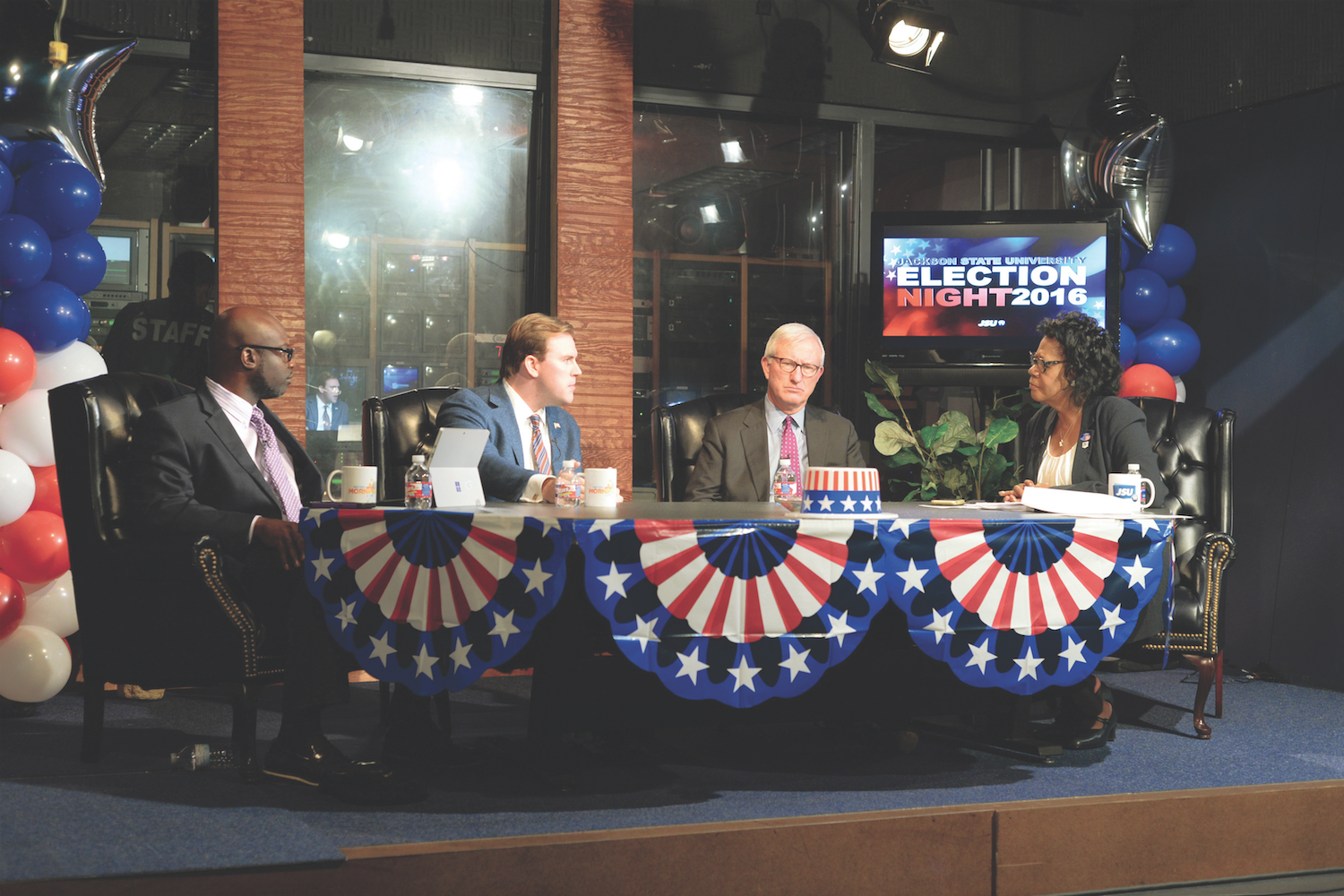
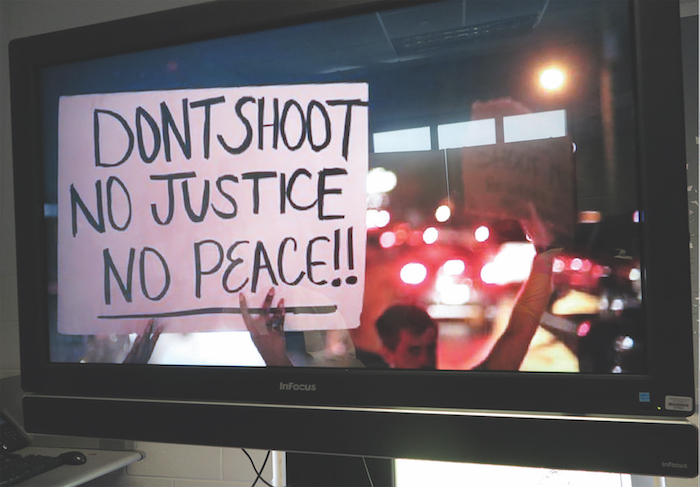
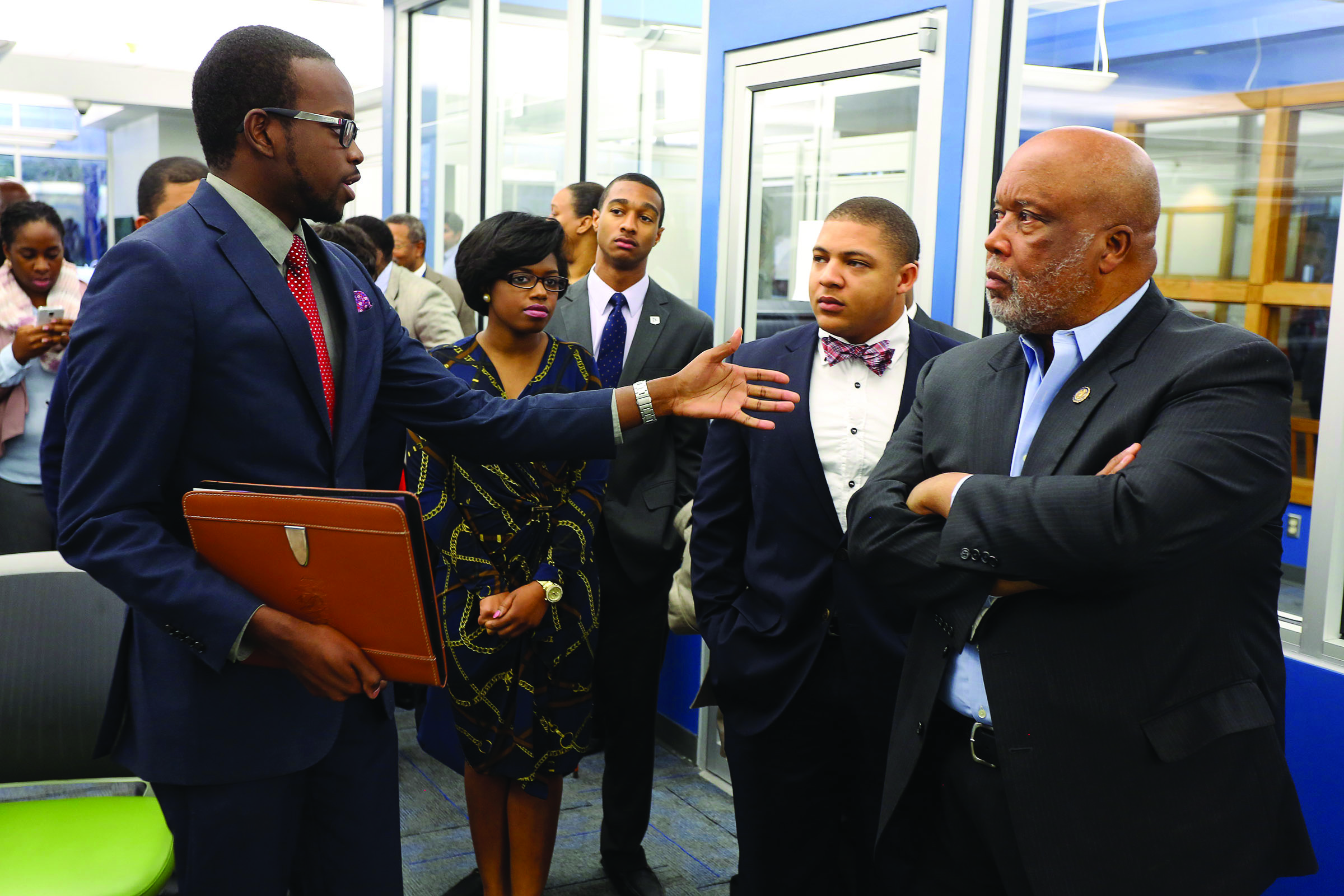
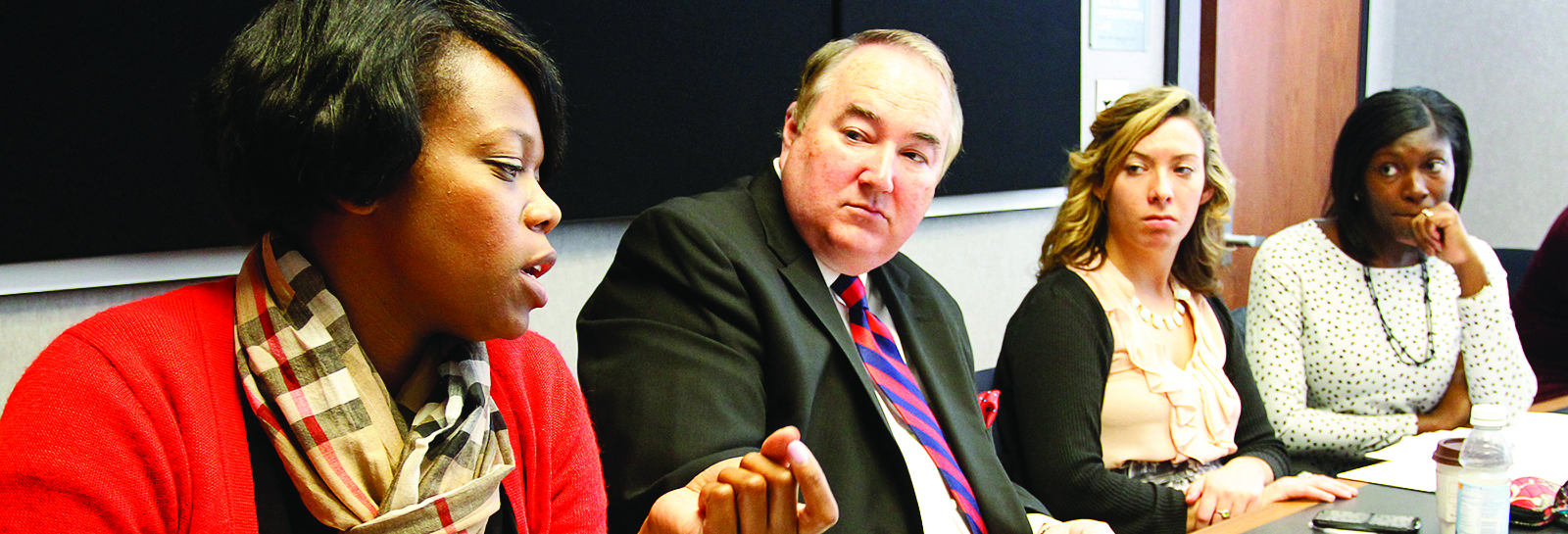

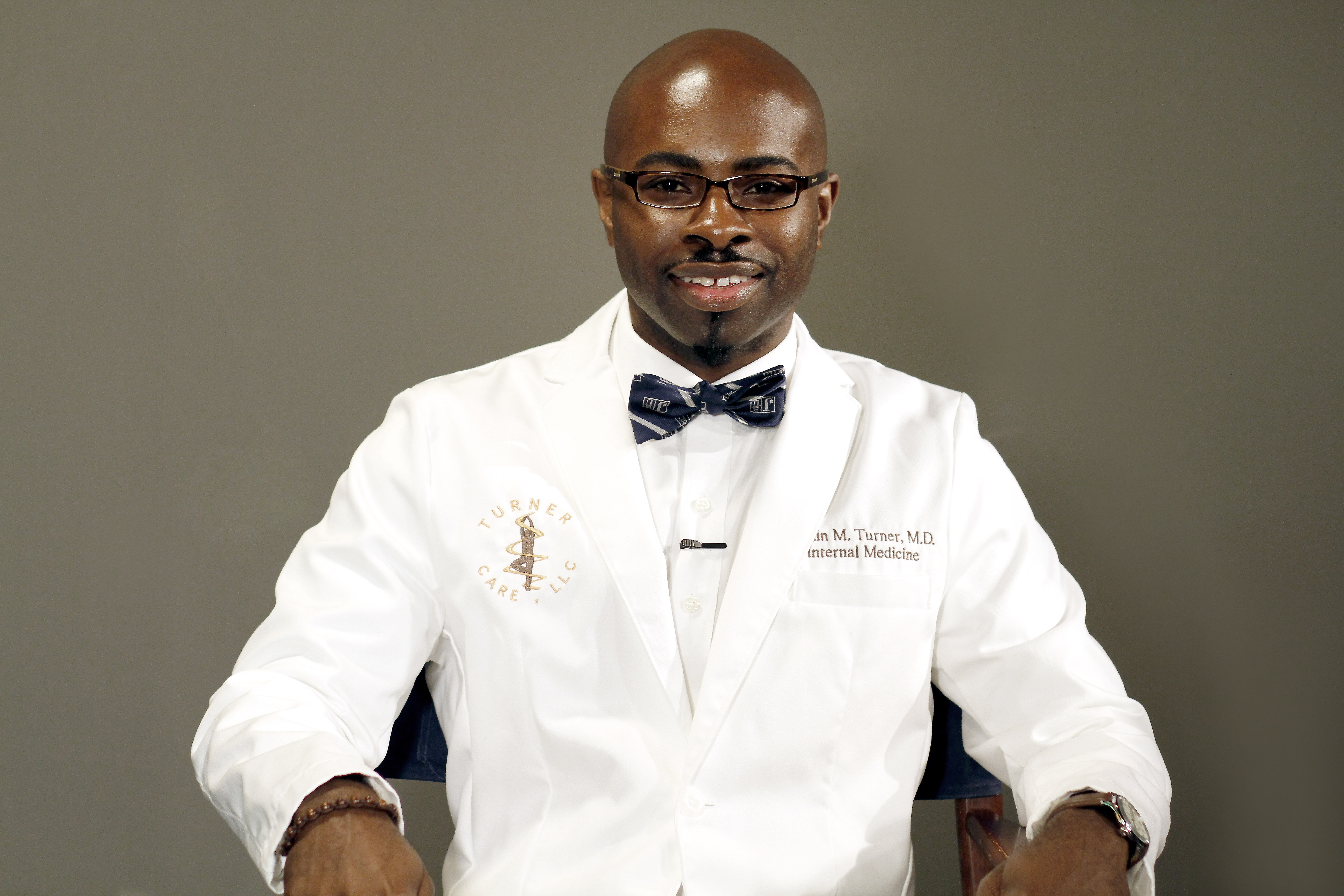
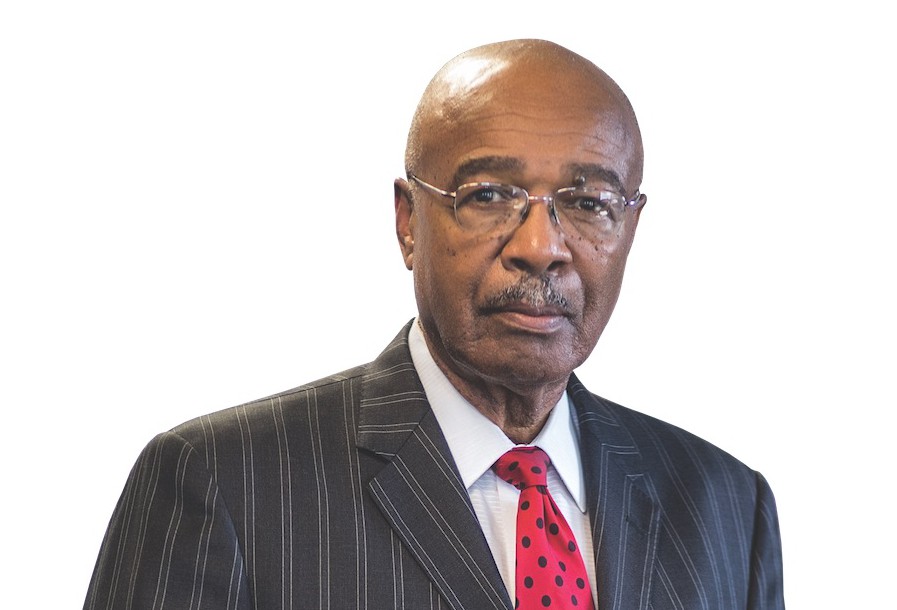
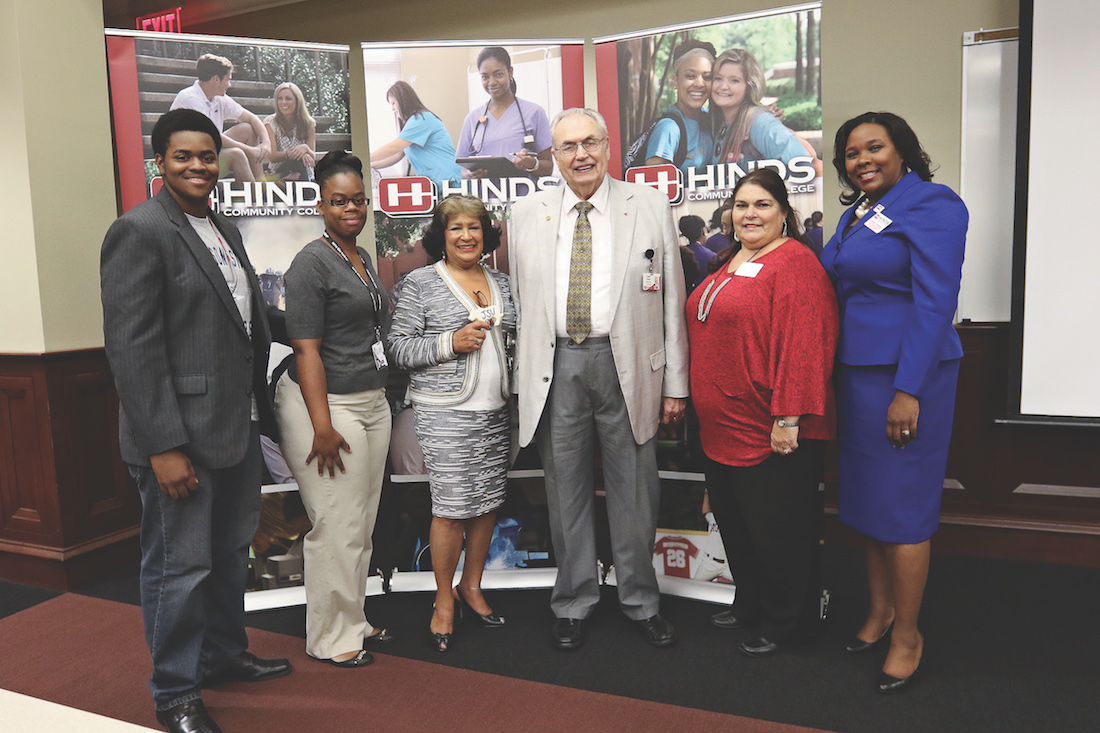
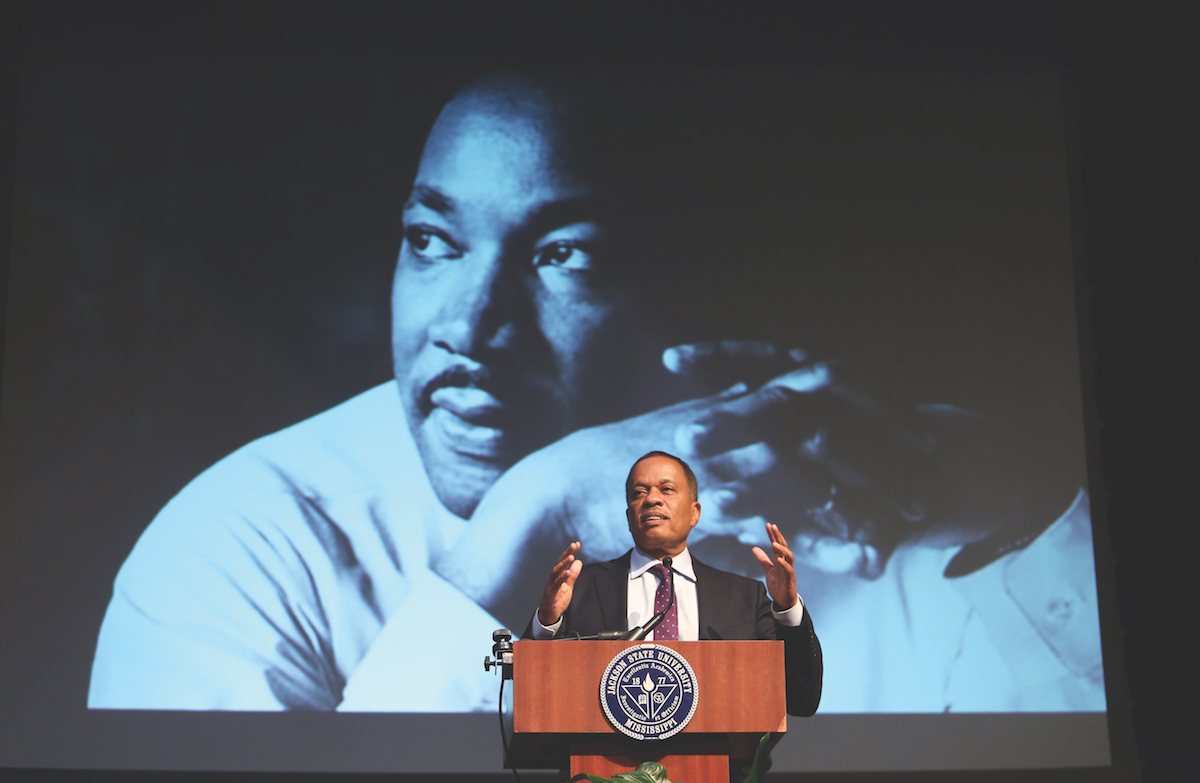
Leave a Reply